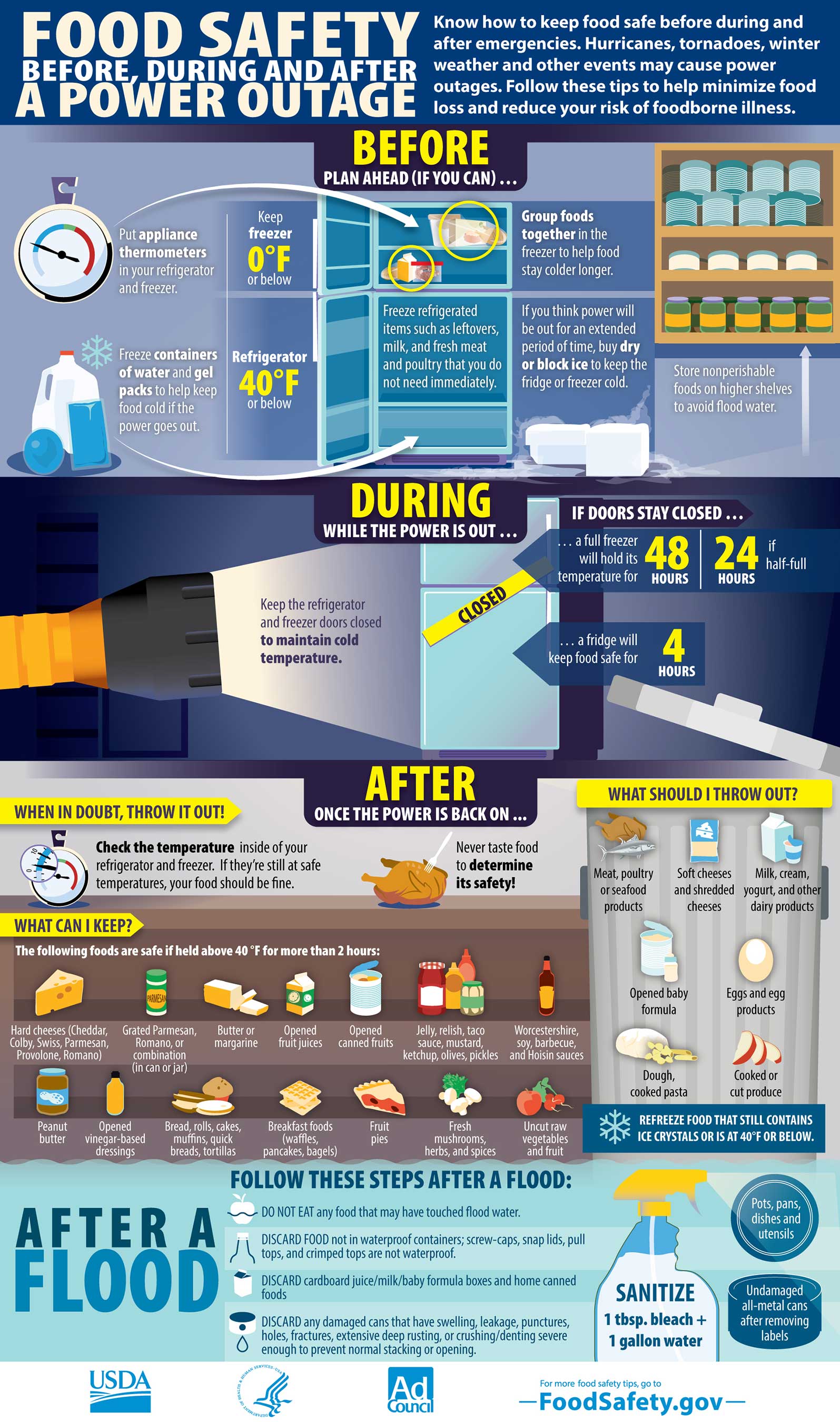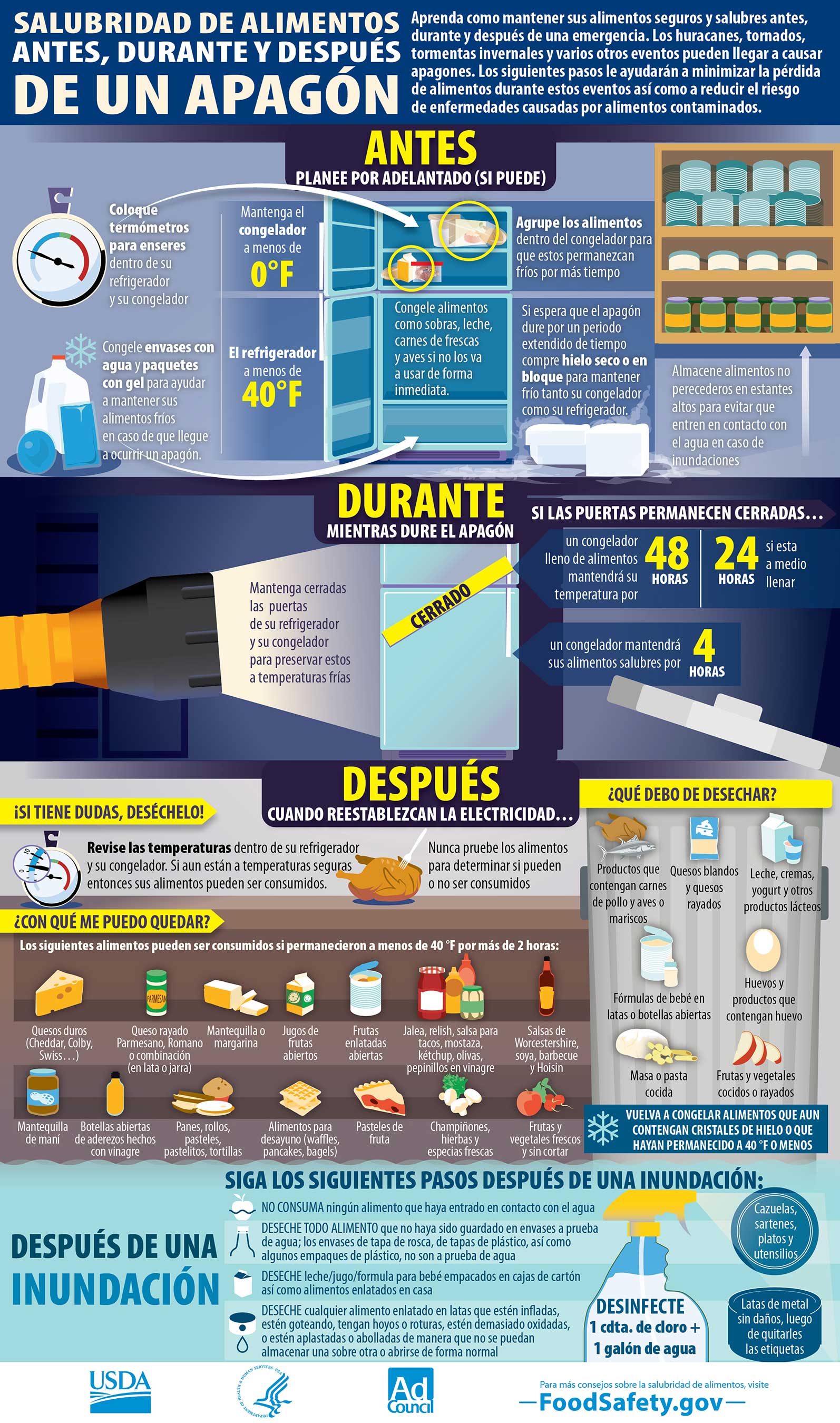News Releases
https://icf.mediaroom.com/index.php?s=20300
WASHINGTON, Sept. 21, 2015 /PRNewswire/ -- According to the report of the National Climate Assessment, Climate Change Impacts in the United States , power outages are among the infrastructure failures that have occurred during extreme storm events. A failure of the electrical grid can affect everything from water treatment to public health. Additionally, extreme weather events are affecting energy production and delivery facilities, causing supply disruptions of varying lengths and magnitudes and affecting other infrastructure that depends on energy supply.
Experience the interactive Multimedia News Release here: http://www.multivu.com/players/English/7607931-fema-national-prepareathon/

Changes in water availability, both episodic and long-lasting, will constrain certain forms of energy production. In the longer term, sea level rise, extreme storm surge events, and high tides will affect coastal facilities and infrastructure on which many energy systems, markets, and consumers depend. [1]
Power outages can happen anywhere…sometimes for a few hours and sometimes for several days or more. What will you need if the power is out for several days or more?
What do you and your household rely on in your daily life that uses electricity to function? What can you do now to make sure you will have what you need when the power goes out? Take these two simple steps:
1) Take an inventory now of the basic items you need that rely on electricity.
Use the Inventory List below to start your own list. For each category consider what you use daily. Walk around your home and identify any other items that are plugged in or use batteries.
2) Plan for batteries and other alternatives to meet your needs when the power goes out.
For each device, contact the manufacturer, use product information, or consult a medical professional to find out any special requirements for types of batteries and methods for re-charging. If you will need to move to another location if the power is out, ask your local emergency management for local plans.
- Ensure you have extra compatible batteries for any device that can run on battery power. Find out the average battery life for battery-powered devices. Consider getting rechargeable "low self-discharge batteries" or "LSD" batteries and a charger for them. These batteries keep a charge much longer in storage than traditional batteries.
- If you have a car, keep it at least half full of gas and you'll have a good method for charging devices in an emergency or, if necessary, moving to a location with power. Consider purchasing an inverter and USB car charger. If the car is being used for re-charging devices, do NOT keep the car running in a garage, partially enclosed space, or close to a home, as this can lead to carbon monoxide poisoning.
- Consider purchasing hand-crank and solar-powered chargers.
- If you have essential devices or systems that you can't run using batteries or re-charge if power is out for more than a few days, plan to move temporarily to a location with power or consider purchasing a generator that can run these devices.
Generator and Stove Safety Tips
- Install battery operated carbon monoxide detectors or electric detectors with battery backup in central locations on every level of your home and outside sleeping areas to provide early warning of accumulating carbon monoxide, which is a colorless, odorless, tasteless, and potentially deadly gas.
- Plan to always keep the generator outdoors. Never use a generator, gasoline-powered equipment and tools, grill, camp stove, or charcoal burning device inside or in any partially enclosed area, including a basement or garage. These items should never be used within 20 feet of a window, door, or vent. Use manufacturer's supplied cords or extension cords that are grounded. The generator should be kept dry; identify a location to keep it protected from weather.
- Do not use a gas oven for heat.
- If your CO alarm sounds, always move quickly to a fresh air location outdoors and call 911 or your local Poison Control Center at 1-800-222-1222.
Start Your Inventory List
Food and Water – Storage, Cooking & Safety
We should all have a backup plan for food and water when the power is out. Do you have at least a 3 day supply per person of non-perishable food and bottled water? And, do you have a plan to keep food cold or a backup power supply such as a generator to keep a refrigerator/freezer running?
- Water & nonperishable food: Keep a minimum 3 day supply per person of water (1 gallon/per person/per day), nonperishable food, and a non-electric can opener in your emergency supply kit.
- Refrigerated food: For most standard size refrigerators/freezers, a cool temperature can be maintained for several hours. Keep your refrigerator/freezer closed. For food you need to use, plan on having a cooler with conventional or dry ice available. For both refrigerators and coolers keep a thermometer inside to use to monitor temperature. If you want to store perishable food for several days, you will need to have a generator that meets standards for this purpose.[2]
Safety tips:
- When in doubt, throw it out! Throw away any items that have been exposed to temperatures greater than 40°F for more than two hours.[3]
- Cooking: If you have an outdoor grill you can use for cooking, keep an extra propane tank or an extra bag of charcoal.[4] A grill should only be used outdoors.[5]
- Avoid eye or skin contact with dry ice. Never handle dry ice with bare hands.[6]
Communications
How will you communicate and receive information during a power outage? Do you have a backup plan for radio? What type of telephone service and telephones do you have?
- Radios: Keep a battery or hand-crank powered radio/NOAA weather radio and backup batteries to receive updates on the outage and related emergency messages.
-
Phones: Many phones, even some analog phones, require backup power. The length of back-up time varies depending on the battery and on the power to the main system outside the home.
- Cell phones – Keep extra wall and car chargers for cellphones and backup batteries. Smart phones use more power than old cell phones. Old cell phones can be used for emergency calls if the battery is charged.
- Traditional Analog copper land line phones: Some analog telephones with traditional copper wires to your home now require power for signal distribution points outside the home.
- Cordless: Cordless phones require power. Keep a phone that has a cord available for emergencies. Some cordless models are equipped to use a battery pack or batteries for base-power backup.
- Fiber optic: These bundled (Internet, telephone, and cable) systems delivered by fiber-optic cables require a backup battery unit (BBU) to maintain service during a power outage. BBUs provide telephone service for up to 8 hours depending on the age and efficiency of the battery. BBU batteries are re-chargeable. Store extra BBU batteries. The back-up battery from providers is for voice service and typically does not supply power for Internet or video services.[7]
- Voice over IP (VoIP) and Internet services: These systems depend on power for Internet service and require an external battery backup for the Internet access system VoIP uses to run. Some VoIP providers prove backup battery options for Internet, but often the consumer is required to buy their own battery backup system for the Internet.
[Extreme] Heat or Cold
Both extreme heat and extreme cold can be deadly, especially without air conditioning or heat in the home. Where will you go if power is unavailable for a prolonged period in extremely cold or hot weather?
- Cold: Keep a sleeping bag or warm blanket and warm clothes for each person in your household if you live in a cold-weather climate.
- Heat: If heat is extreme, go to local cooling centers during the day or move to a location with power. If you remain at home, move to the lowest level of your home, since cool air falls. Wear lightweight clothing. Drink plenty of water, even if you do not feel thirsty.
Light
- Flashlights and battery powered lamps: Plan on flashlights or lanterns with batteries or crank or solar chargers to be able to have light for both safety and convenience.
Flooding - Sump Pumps
- Sump Pumps: Install battery operated backup for your sump pump. In some cases, a portable or built-in generator may be required. Do not plug the sump pump into the cord from the generator while standing in the flood water.
Medical Devices, Assistive Devices, and Medicine
If you or anyone in your household depends on medical devices that are powered by electricity, this is a first priority. Talk to your medical equipment company to find out what will happen to your equipment during a power outage:
- Can a power surge cause my device to stop working? If yes, what type of surge protector do I need?
- Does my device have a back-up system? If so, how long will it operate and where is it located?
- Can my device operate on another power source? If yes, what type?
- How long will my device work if it does not have power?
- How is my device affected by changes in temperature?
- How do I switch my device from electric power to battery power?[8]
- Medical and assistive devices that need power: Determine how to keep each necessary medical device running. Some devices can use specific back up batteries (e.g. some C-PAP machines), some can run on or be charged by a generator planned for that use (wheelchairs, dialysis), and some may require a plan to move to a location with power if the outage lasts several days. Manual alternatives may be available for some devices. Ask your medical provider. You can visit the HHS emPOWER Map with NOAA severe weather tracking services to identify if you may be at risk for power outages: http://www.phe.gov/empowermap/Pages/default.aspx.
What about medicines that require refrigeration?
- Drugs that require refrigeration: check the manufacturer's label and contact your doctor or pharmacist for guidance. Ask what temperature is required to ensure safe use. If the temperature isn't maintained, is it still effective or safe to use, or should it be thrown out? You can maintain temperatures for several hours by keeping medications in a closed refrigerator or cooler. Monitor the temperature of refrigerator or cooler with a thermometer until power is restored.[9]
Visit Ready.gov for more information on making an emergency kit and building a family communications plan:
- Create an emergency kit
- Make a family communications plan
[1] Melillo, Jerry M., Terese (T.C.) Richmond, and Gary W. Yohe, Eds., 2014: Highlights of climate change impacts in the United States: The Third National Climate Assessment. U.S. Global Change Research Program, 148 pp.
[5] http://emergency.cdc.gov/disasters/cofacts.asp
[6] https://www.osha.gov/Publications/laboratory/OSHAquickfacts-lab-safety-cryogens-dryice.pdf
[7] Verizon, "Backup Battery Unit," accessed June 29, 2015, http://www.verizon.com/support/residential/tv/fiostv/general+support/new+to+fios+tv/questionsone/121498.htm#.
[8] http://www.mncha.org/Resources/EP%20Resources%202014/2014-0703%20EP%20Guide%202.pdf
[9] http://www.fda.gov/drugs/emergencypreparedness/ucm085200.htm


To view the original version on PR Newswire, visit:http://www.prnewswire.com/news-releases/what-people-need-to-know-about-power-outages-300145882.html
SOURCE Federal Emergency Management Agency (FEMA)
